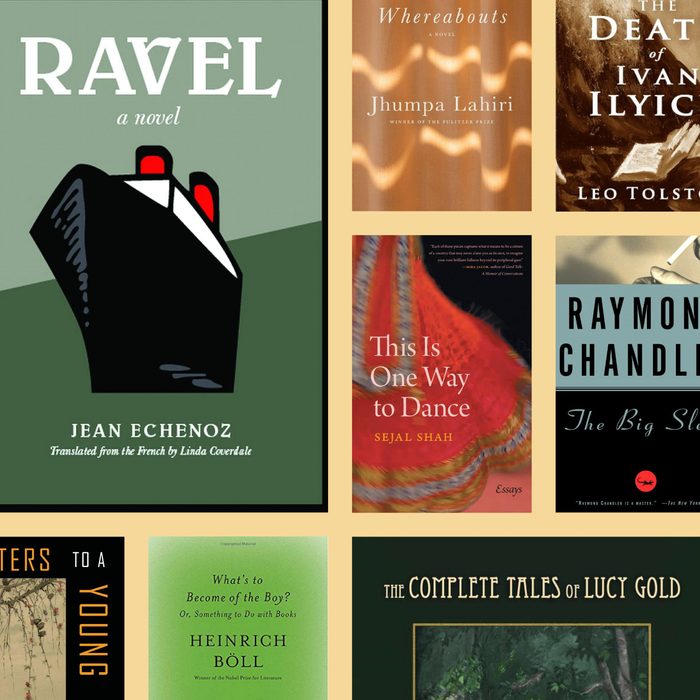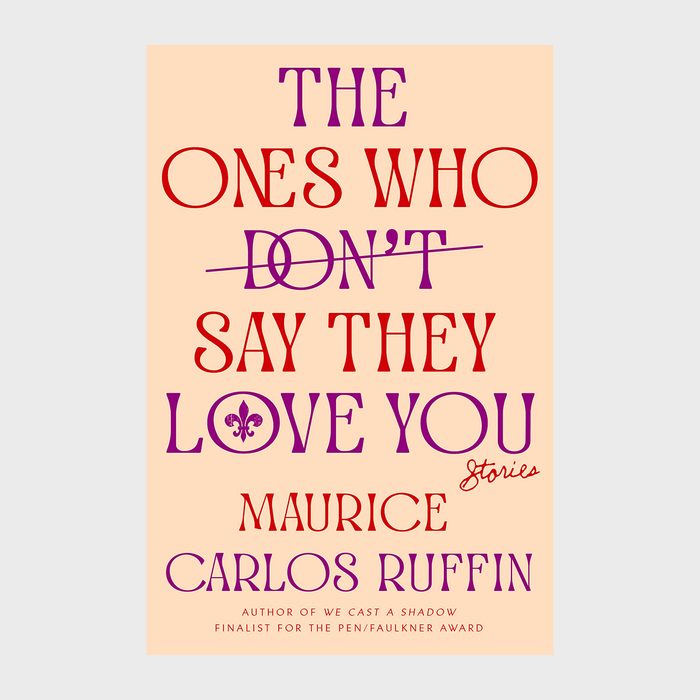 Via Amazon.com
Via Amazon.com
1. The Ones Who Don’t Say They Love You by Maurice Carlos Ruffin
Page count: 192
From the author of We Cast a Shadow, a finalist for the PEN/Faulkner Award, comes a short story collection that brings New Orleans to life. Published in August 2021, The Ones Who Don’t Say They Love You examines characters living on the margins of the Big Easy. Whether rendering an army vet, a couple struggling for money, or a group of teenagers, Maurice Carlos Ruffin attends to his characters with wit, joy, and magnificent heart. Some of the stories can be consumed in a single sitting. All of the stories deserve a second read. After that, check out more great books by Black authors.
Looking for your next great book? Read four of today’s bestselling novels in the time it takes to read one with Reader’s Digest Select Editions. And be sure to follow the Select Editions page on Facebook!
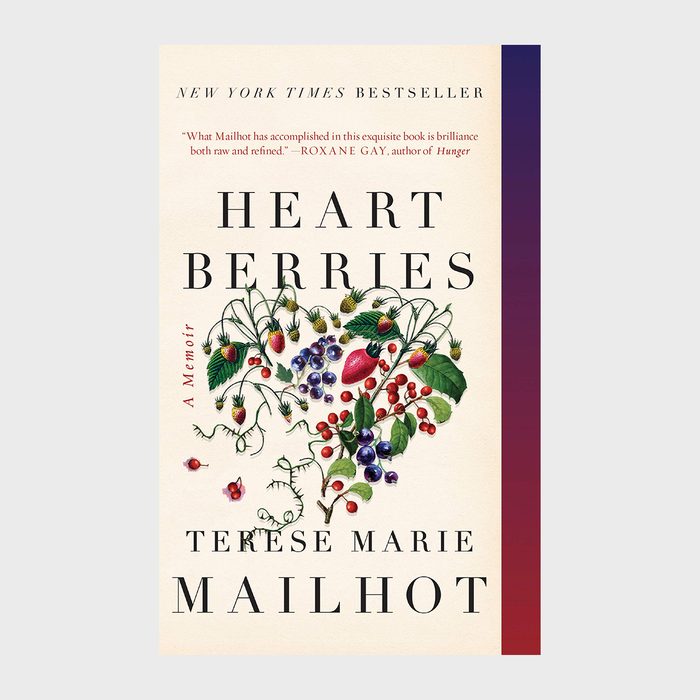 Via Amazon.com
Via Amazon.com
2. Heart Berries by Terese Marie Mailhot
Page count: 160
This 2018 New York Times best-selling memoir is both brief and devastatingly beautiful. Terese Marie Mailhot is from Seabird Island Band, a First Nation in British Columbia, Canada, and is one of a small but growing number of acclaimed indigenous authors who are making visible what many have been unwilling or unable to see. In exquisite and ruthless prose, she grapples with trauma in its many devastating forms. She shows how generations of harm have cycled in her family, all bound by silence before she took up her pen. Her writing makes vivid both violence and tenderness. For fans of memoir, Mailhot’s story is essential reading.
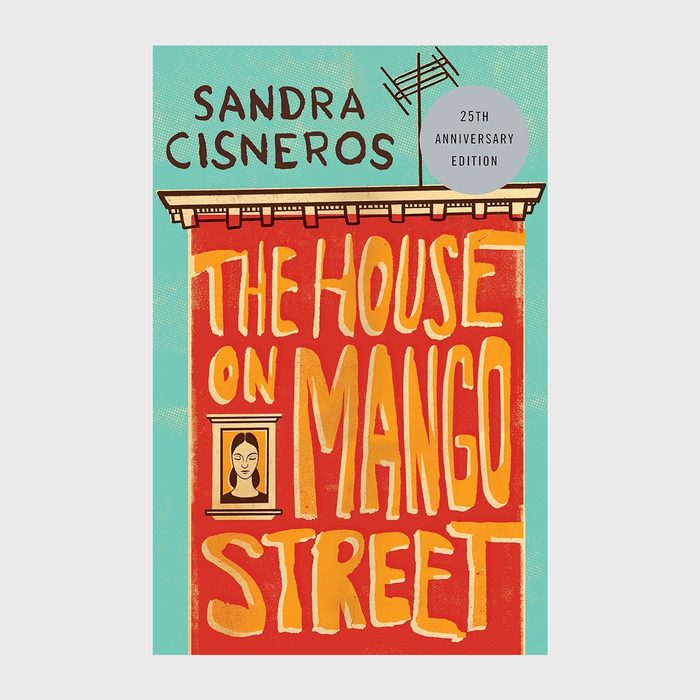 Via Amazon.com
Via Amazon.com
3. The House on Mango Street by Sandra Cisneros
Page count: 110
This modern classic, about a Latina girl growing up in Chicago, has been translated and taught all over the world. Written in 1984, it has also gone through periods of being banned. At fewer than 150 pages (depending on the edition you purchase), it packs a punch well out of proportion to its size. Few other novellas have left such a lasting mark. Unsurprisingly, given the compression and power of her work, Sandra Cisneros is also a poet. She renders each vignette in this book in unforgettable imagery. If you haven’t read it yet, you can easily catch up in a few hours.
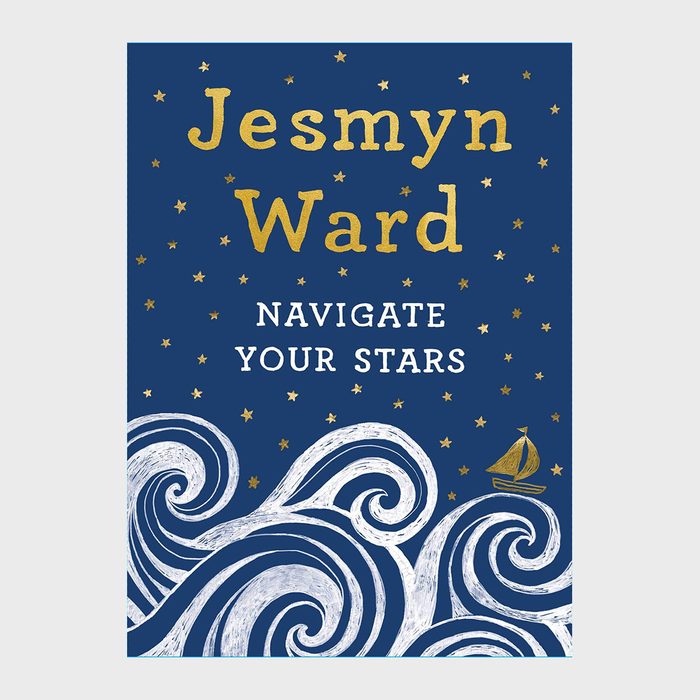 Via Amazon.com
Via Amazon.com
4. Navigate Your Stars by Jesmyn Ward
Page count: 64
National Book Award winner Jesmyn Ward has a catalog of books that are each too long to make this list. But the beautifully illustrated Navigate Your Stars fits perfectly. Based on the 2018 commencement address she gave at Tulane University, this 2020 book can be read whenever you need a boost of inspiration. Ward traces her family’s history through her own, sharing stories of her grandmother and parents. In a nurturing and encouraging voice, she writes of the realities of life, how much hard work is needed to thrive, and what different ways of persevering look like. This lovely book makes a perfect graduation gift or mini coffee table book.
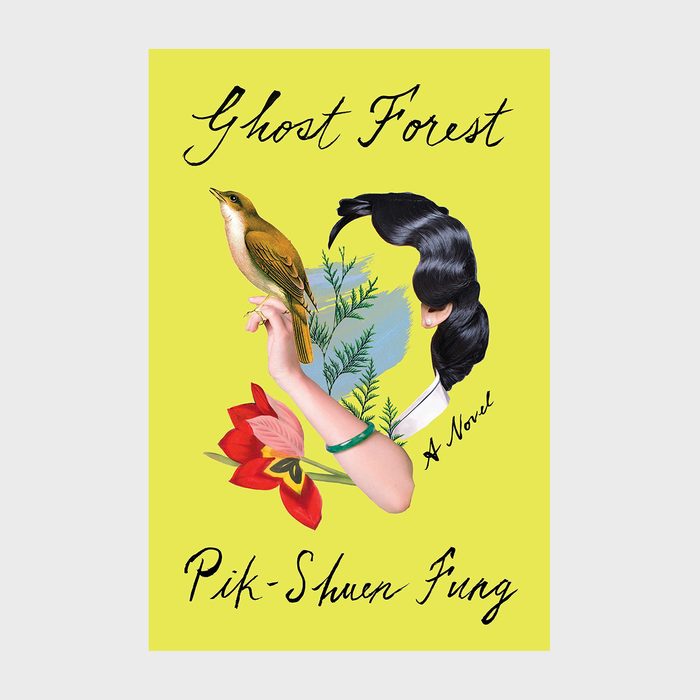 Via Amazon.com
Via Amazon.com
5. Ghost Forest by Pik-Shuen Fung
Page count: 272
Yes, this is over our 250-page limit. But hear us out: While this may not be a short book per se, it’s undeniably a quick read. Many of the pages in this innovative debut novel hold only a paragraph or a handful of letters. Ghost Forest, published in 2021, is the story of a family that immigrates from Hong Kong to Canada. Left behind is the father, who continues to work in Hong Kong and dies soon after. Through his daughter, Pik-Shuen Fung explores how to grieve the loss of that which is already absent. The abundance of space on each page reminds the reader continually of absence, and the story speaks to anyone interested in themes of grief, immigration, or family. If your reading time happens during your commute, you’ll be pleased to know this is available as an audiobook too.
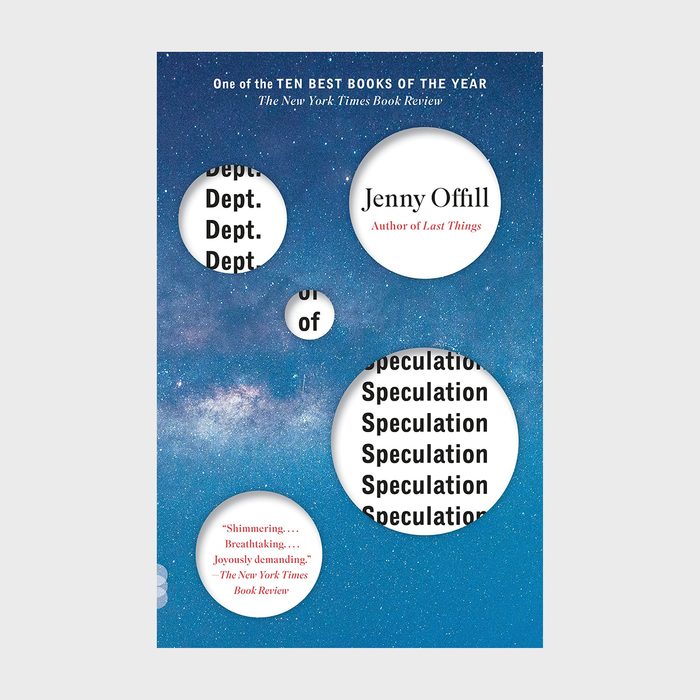 Via Amazon.com
Via Amazon.com
6. Dept. of Speculation by Jenny Offill
Page count: 192
Jenny Offill has redefined brevity in literature. Each chapter, paragraph, and sentence seem so carefully distilled that not a single extraneous word can be found. Her laser-sharp concision is like a broth boiled all the way down—each morsel is incredibly complex and full of depth, making you return for more. In Dept. of Speculation, she explores the layers of a loving marriage gone wrong. On more “book of the year” lists in 2014 (when it was released) than there is space here to mention, this novel will be a favorite for anyone who appreciates craft, depth, and page-turning storytelling. See more of our favorite fiction here.
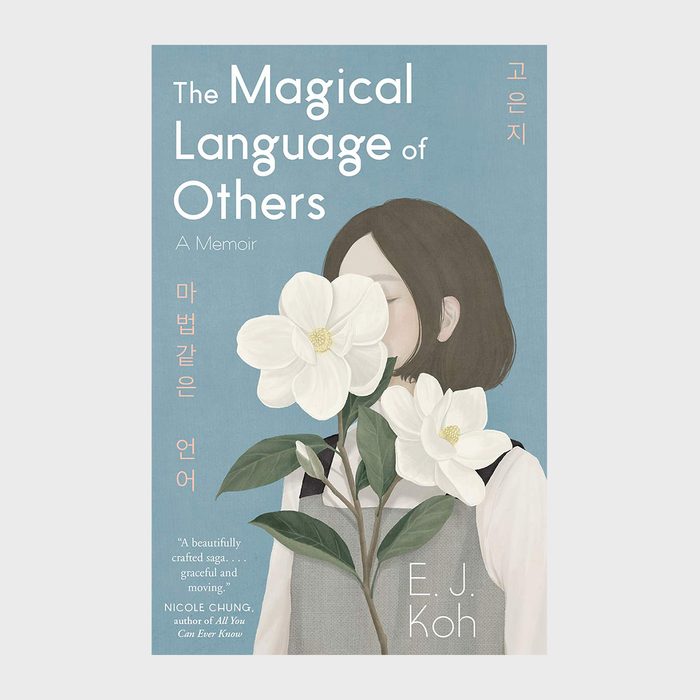 Via Amazon.com
Via Amazon.com
7. The Magical Language of Others by E. J. Koh
Page count: 203
This beauty of a memoir, which was published in 2020, is structured around letters from the author’s mother during years of separation. When E. J. Koh was only 15 years old, her parents moved to South Korea for work, leaving her and her brother to navigate life in America on their own. Years later, Koh found the letters in a box and set out to translate them, weaving them into a captivating story you won’t want to put down. Koh and this book have won multiple awards, making it a great choice for a mother-daughter book club. Her use of language casts a powerful spell on any reader, bringing layers of the human experience to light.
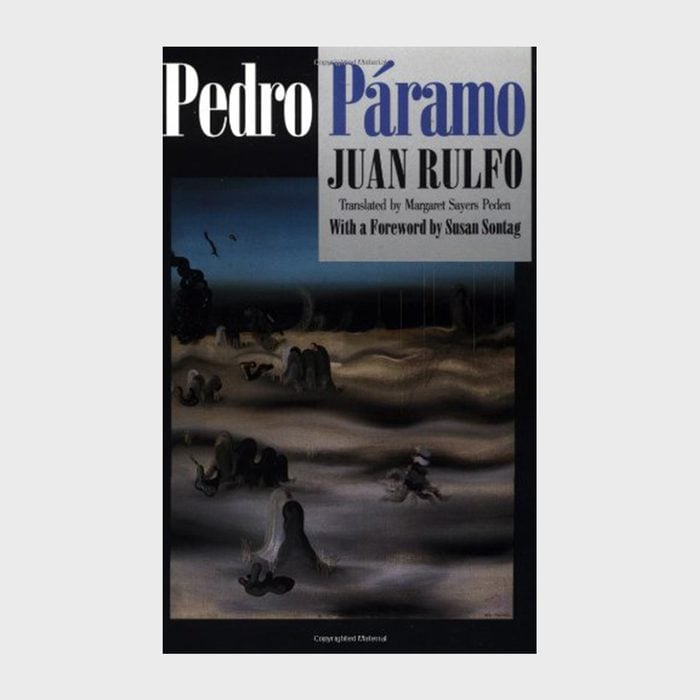 Via Amazon.com
Via Amazon.com
8. Pedro Páramo by Juan Rulfo
Page count: 124
The Mexican author Juan Rulfo (1917–1986) did not begin writing until his 40s and then published only one novel, in 1955. Yet Pedro Páramo, embracing a world both past and present, is considered a masterpiece of 20th-century literature. Lauded Latin American novelist Gabriel García Márquez claimed that he knew the entire book by heart. If you’re looking for a quick novel to transport you on surreal adventures, this one’s for you. Here are more books by Latinx authors to check out.
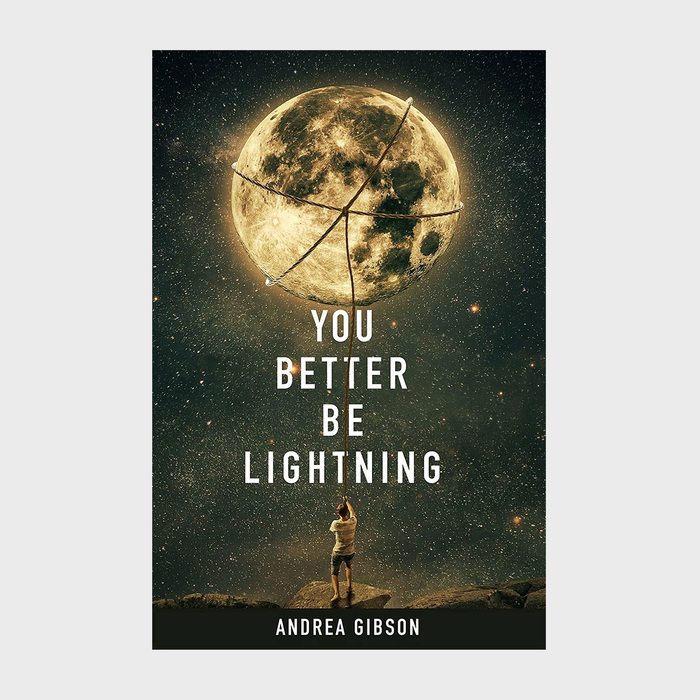 Via Amazon.com
Via Amazon.com
9. You Better Be Lightning by Andrea Gibson
Page count: 128
For readers interested in poetry, this one’s for you. Andrea Gibson is one of the most popular spoken word poets today. In this latest and most expansive collection, Gibson explores things as far as space and as close as illness. “Many of the poems in this collection were written at an octave of compassion that was often out of my daily range,” Gibson shared on social media. “It wasn’t until my cancer diagnosis that I could consistently reach those high notes.” This collection sings, revitalizes, and heals. If you’re new to poetry, this book of poems, published in 2021, is a perfect entry point, as they are approachable, vulnerable, and undeniably powerful. Keep the good reads coming by signing up for one of these stellar book subscription boxes.
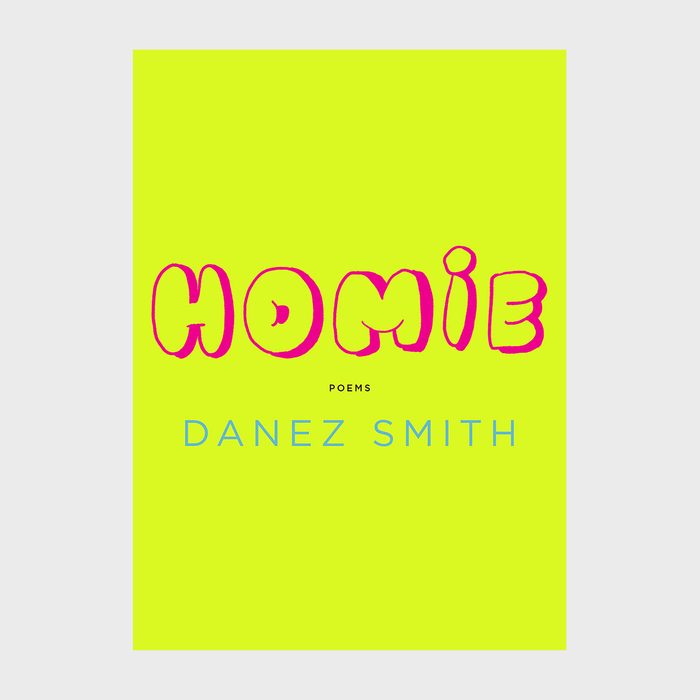 Via Amazon.com
Via Amazon.com
10. Homie by Danez Smith
Page count: 96
Poetry collections are a great option if you’re looking for short books that pack an emotional punch. This slim collection, published in 2020, is brimming with energy, insight, and tenderness. A finalist for both the 2020 National Book Critics Circle Award and the 2021 NAACP Image Award, Homie is both celebratory and unflinching. Danez Smith, a Black and LGBTQ+ poet, writes from a place of deep love. These poems vary in theme and tone but as a collection serve as an exaltation of friendship, connection, and being alive.
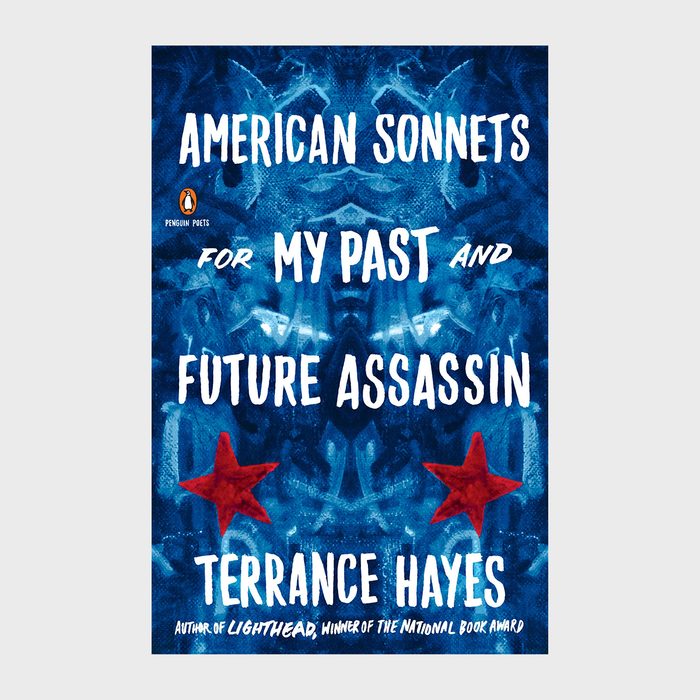 Via Amazon.com
Via Amazon.com
11. American Sonnets for My Past and Future Assassin by Terrance Hayes
Page count: 112
A New York Times top book of 2018 from MacArthur fellow Terrance Hayes, this poetry collection takes the sonnet form to new heights. In popular culture, sonnets are often associated with love poems, but in Hayes’s hands, they tackle so much more: political structures, father-son relationships, time, and mortality. Each 14-line poem is packed with alliterative sounds, rich syllables, and infinite meaning. For lovers of language and innovation within form, there’s no better book than this one.
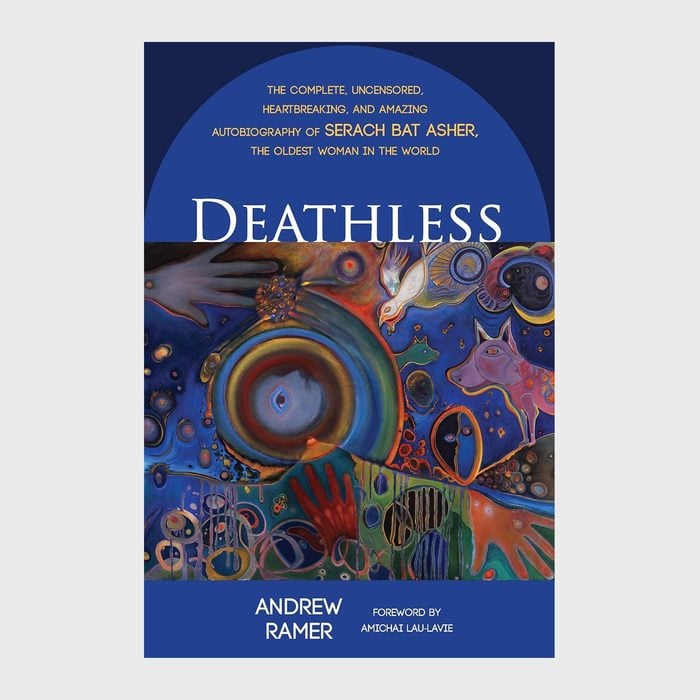 Via Amazon.com
Via Amazon.com
12. Deathless by Andrew Ramer
Page count: 210
Coauthor of the international best seller Ask Your Angels Andrew Ramer brings us a truly unique tale of the oldest woman in the world. Deathless comes in the form of the “autobiography” of Serach bat Asher. Though she’s mentioned three times in the Hebrew Bible, her stories are not included there, and now, living near the beach in Los Angeles, she’s here to rectify that. Channeling spirituality, imagination, and in-depth knowledge of the Torah, Ramer writes a story for all who love to learn through speculative fiction. This 2018 book is visually small but densely packed with knowledge that only a 3,000-year-old woman could confer.
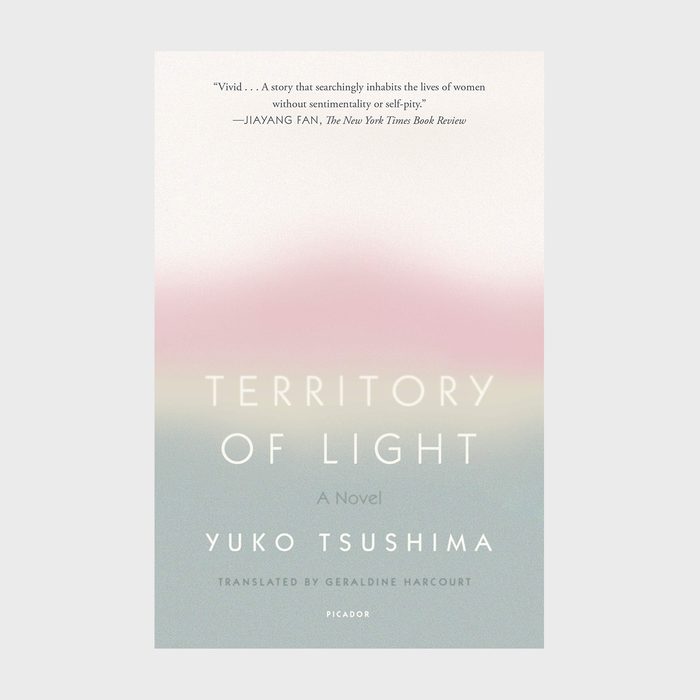 Via Amazon.com
Via Amazon.com
13. Territory of Light by Yuko Tsushima
Page count: 192
Territory of Light by Yuko Tsushima was originally published as a series of short stories in Japan in the late 1970s. It has since been compiled into a novel, the English translation of which was published in 2018. What appears to be a quiet story of a divorced single mother finding a new life, Territory of Light teems with profound questions and immersive images. Book critic John Self calls it a “hidden masterpiece.” Because of its original format, each chapter is self-contained and also seamlessly connects to create an emotionally rich journey, making it the perfect short book for anyone who reads in small bursts of time.
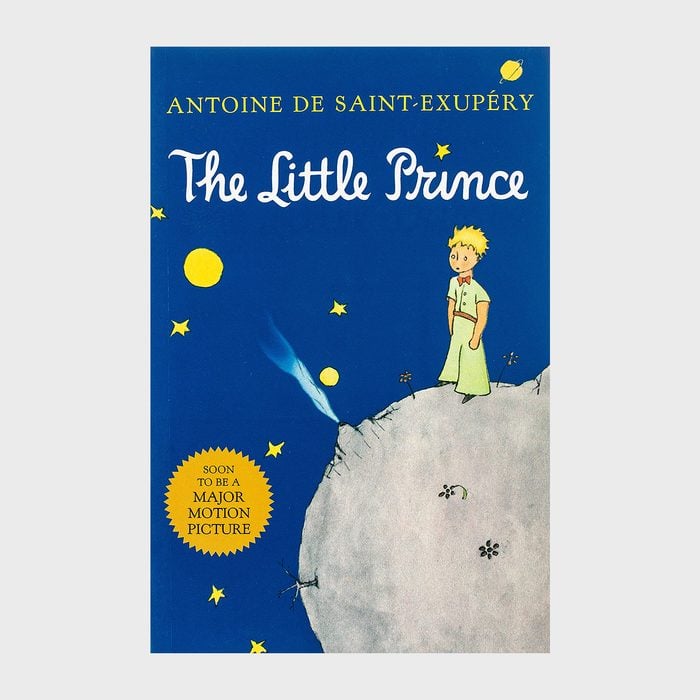 Via Amazon.com
Via Amazon.com
14. The Little Prince by Antoine de Saint-Exupéry
Page count: 96
If you haven’t read The Little Prince, you’re in for a treat. Written in 1943 and considered one of the best children’s books ever written, its wisdom never gets old. This is one of those short books that can be read in one sitting but also savored over a lifetime. The story of a stranded aviator getting to know a prince from another planet will delight readers of all ages and generations. It’s one of those easy books to read that offer truly profound lessons below the surface. Its watercolor illustrations, also done by the author, add to its tenderness and sense of immediacy.
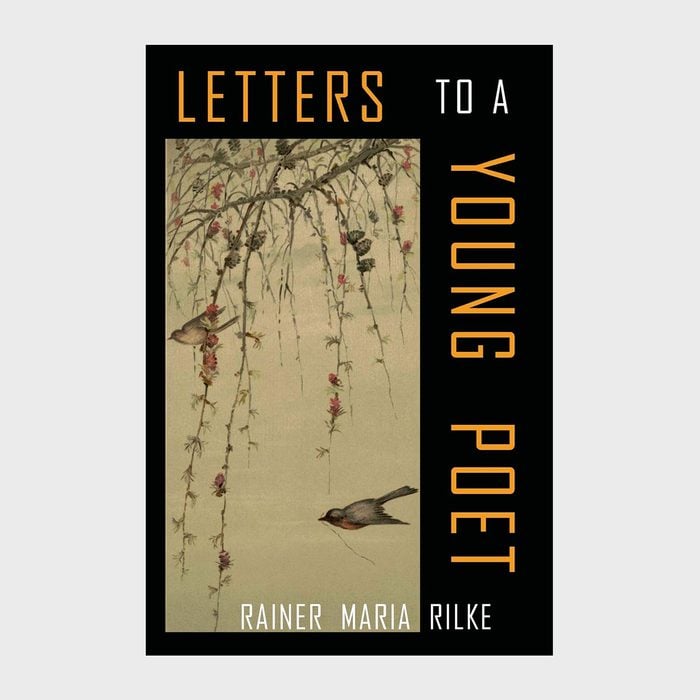 Via Amazon.com
Via Amazon.com
15. Letters to a Young Poet by Rainer Maria Rilke
Page count: 42
This is the shortest of the short books on our list and one of the oldest. These ten compiled letters from celebrated poet Rainer Maria Rilke to a young mentee were written between 1903 and 1908. Their wisdom and beauty shine through today, making this book a timeless gift, perfect for the aspiring writer in your life. If you’re looking for quick reads that offer life lessons and questions to contemplate, this is one to add to your list.
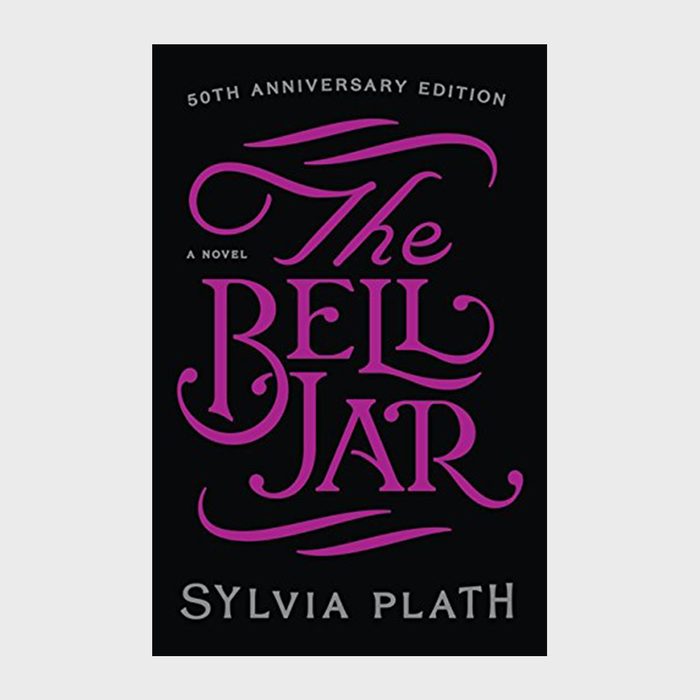 Via Amazon.com
Via Amazon.com
16. The Bell Jar by Sylvia Plath
Page count: 190
Renowned poet and author Sylvia Plath puts much of herself in main character Esther Greenwood’s struggle with depression and mental health. Published just before Plath’s death in 1963, this unforgettable novel gives us an intimate view into the mind of a brilliant and misunderstood writer. If you’ve been meaning to read Sylvia Plath (and you should), The Bell Jar is a good starting point. It also made it onto our list of most controversial books.
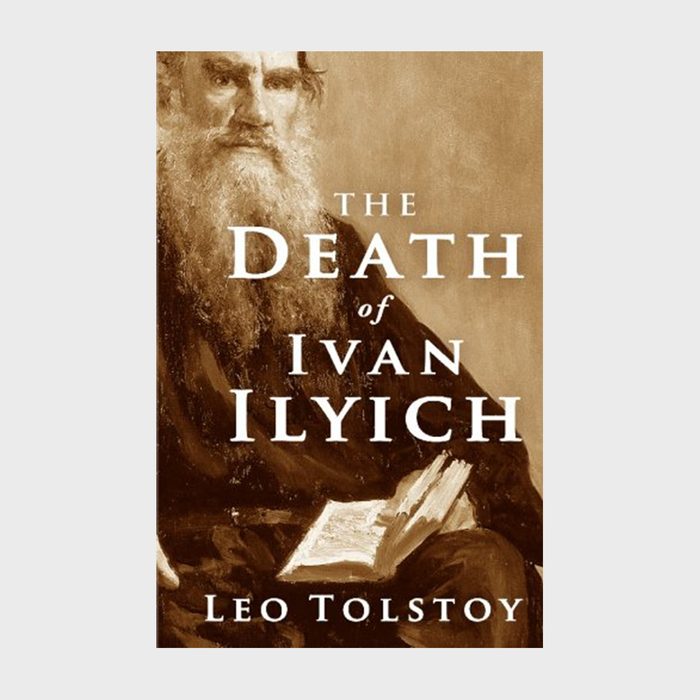 Via Amazon.com
Via Amazon.com
17. The Death of Ivan Ilyich by Leo Tolstoy
Page count: 76
Yes, we promised no War and Peace, but we didn’t promise to forego Leo Tolstoy altogether. The Death of Ivan Ilyich is your opportunity to read a masterwork by one of the greatest writers of all time. You can do this, dear reader. Page count depends on which edition/translation you grab, but all are well under 150 pages—much, much shorter than War and Peace‘s whopping 2,201 pages. This book may have been published in 1886, but to this day, no one is wiser than Tolstoy about death and dying—or living, for that matter.
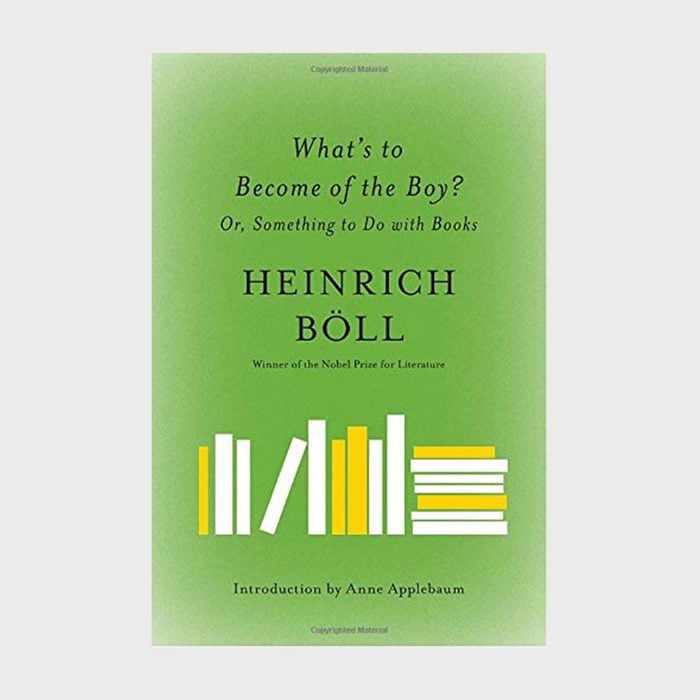 Via Amazon.com
Via Amazon.com
18. What’s to Become of the Boy? by Heinrich Böll
Page count: 96
Heinrich Böll (1917–1985) was a German writer who won the Nobel Prize for literature in 1972. He was known for his short stories, novels, and this, the memoir of his life between 1933 and 1937, which he published in 1981. This brief, wrenching account of growing up in Nazi Germany in a family that hated Hitler will leave you thinking of nothing else. Here are other must-read Holocaust books.
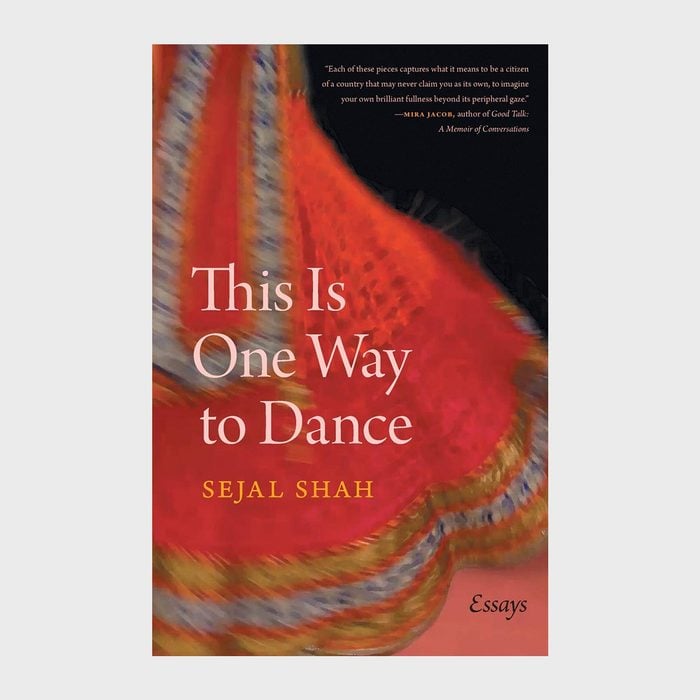 Via Amazon.com
Via Amazon.com
19. This Is One Way to Dance by Sejal Shah
Page count: 200
If you’re seeking short books that can be read in digestible chunks, essay collections are a great way to go. This dynamic 2020 book by debut author Sejal Shah received rave reviews and continues to gain momentum. It’s filled with essays taking creative forms that NPR says “should inspire and enlighten other essayists.” Shah shares her American experience as the daughter of immigrants navigating between cultures and locations. In these pages, she redefines, broadens, and makes more space for intersecting identities.
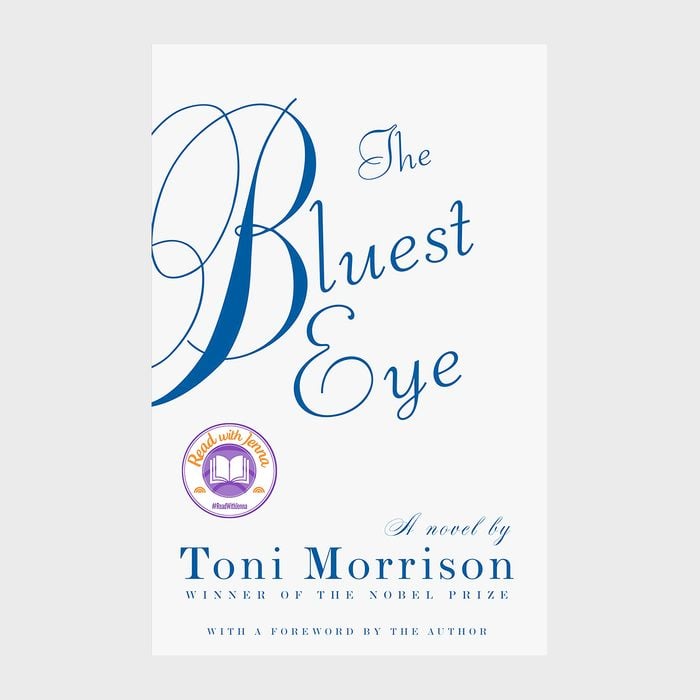 via merchant
via merchant
20. The Bluest Eye by Toni Morrison
Page count: 206
Toni Morrison, winner of both the Nobel Prize and a Pulitzer, is a true icon. She gave us ten novels, seven books of nonfiction, and three children’s books. If you haven’t read her work yet, The Bluest Eye is a perfect starting point—it was her first best-selling novel (in 1970) and is under 250 pages. With her signature poetic prose, Morrison tells the story of Pecola Breedlove, a young Black girl who longs for her eyes to turn blue, and the nightmare of that dream coming true. After this, read one of the best books about race relations in America.
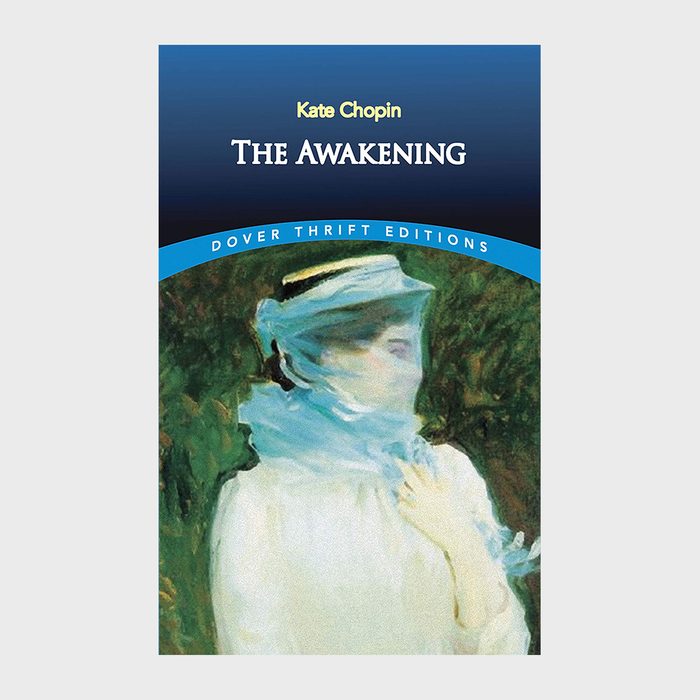 Via Amazon.com
Via Amazon.com
21. The Awakening by Kate Chopin
Page count: 128
Kate Chopin wrote only two novels before she died in 1904. The first is largely forgotten, but the second, The Awakening, is now considered a classic. At the time of its publication in 1899, it was widely condemned for portraying a woman who, trapped in a loveless marriage, has an affair. In the 1970s, the slim book found—and held—its audience.
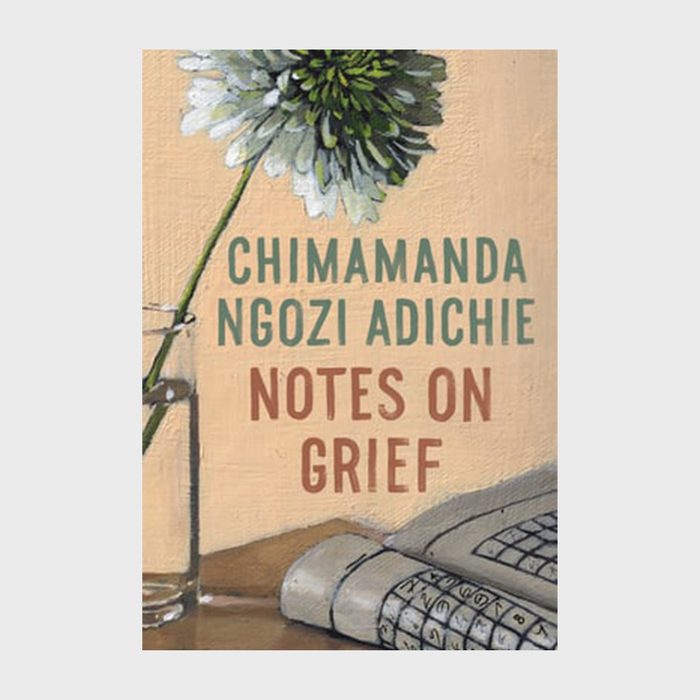 Via Bookshop.org
Via Bookshop.org
22. Notes on Grief by Chimamanda Ngozi Adichie
Page count: 80
Adored author Chimamanda Ngozi Adichie shares the story of her father’s death in this moving mini memoir from 2021. The book is actually an expansion of a New Yorker essay published in 2020. Amid the COVID-19 pandemic, her celebration of her father’s life and mourning of his death help all of us process the communal and personal griefs of these past years. For anyone who has suffered loss, this book will tug at your heartstrings and serve as a balm.
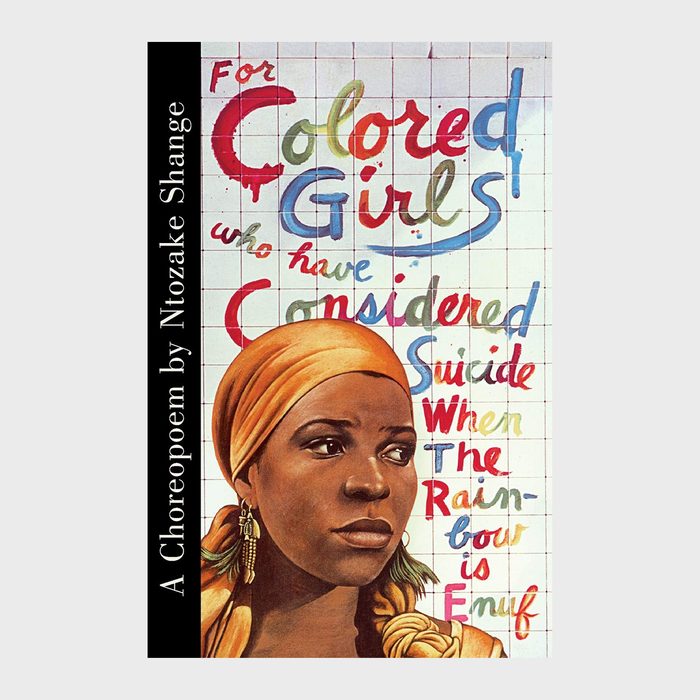 Via Amazon.com
Via Amazon.com
23. For Colored Girls Who Have Considered Suicide When the Rainbow is Enuf by Ntozake Shange
Page count: 64
Ntozake Shange’s 1975 masterpiece defies category: It is performed as theater but reads like a gorgeously urgent prose poem. As a play, it won Tony and Obie awards, and as a work of literature, its title inspired a 2012 essay collection by author Keith Boykin. Under 80 pages in print (depending on the edition), this passionate, courageous flash of a book vividly brings to life the outer experience and inner processing of being a woman of color.
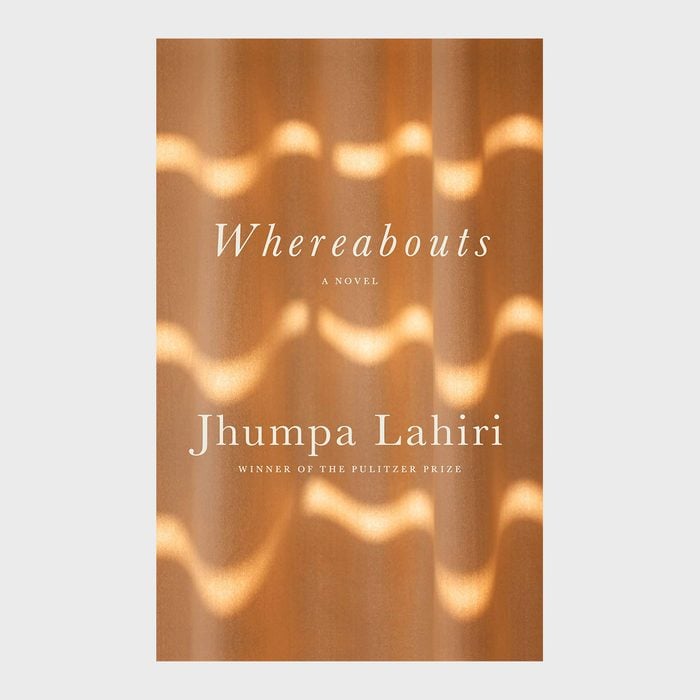 Via Amazon.com
Via Amazon.com
24. Whereabouts by Jhumpa Lahiri
Page count: 176
From Pulitzer Prize–winning author Jhumpa Lahiri comes a new novel, published in the United States in 2021. Lahiri first wrote this book in Italian and published it in Italy, then translated it herself, making it quite a departure from her previous work. Anyone who has wondered about their place in the world or felt isolated will find companionship in its unnamed protagonist. In 46 quick chapters, Lahiri takes readers to different locations in the character’s life and gives them a close-up view of her thoughts and transformation. Want more book ideas? Browse these books that were made into movies.
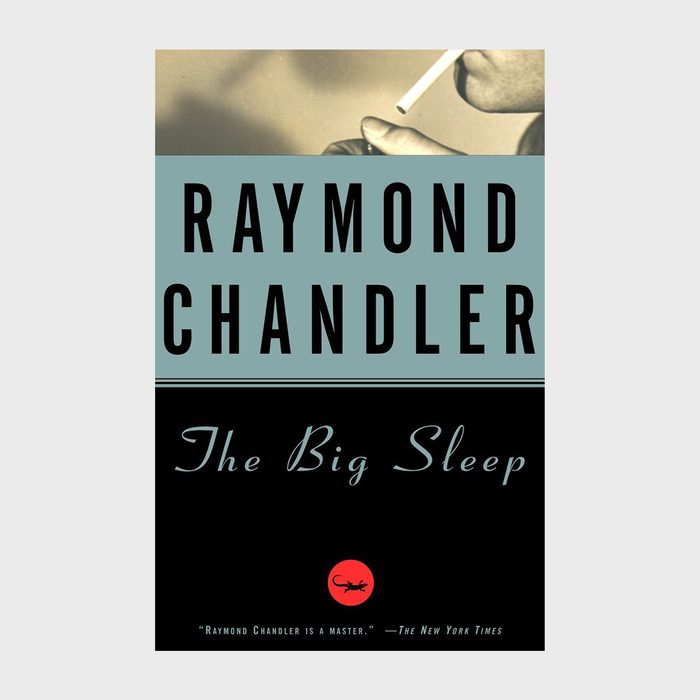 Via Amazon.com
Via Amazon.com
25. The Big Sleep by Raymond Chandler
Page count: 231
When it comes to hard-boiled fiction, nobody did it better than Raymond Chandler. He died in 1959, but his work lives on. The prolific master of the detective story turned to writing after he lost his job with an oil company during the Great Depression. The Big Sleep, published in 1939, was the first novel of his to feature his famous PI, Philip Marlowe. When a millionaire calls on Marlowe to investigate the blackmailing of his daughters, seduction, kidnapping, and murders ensue.
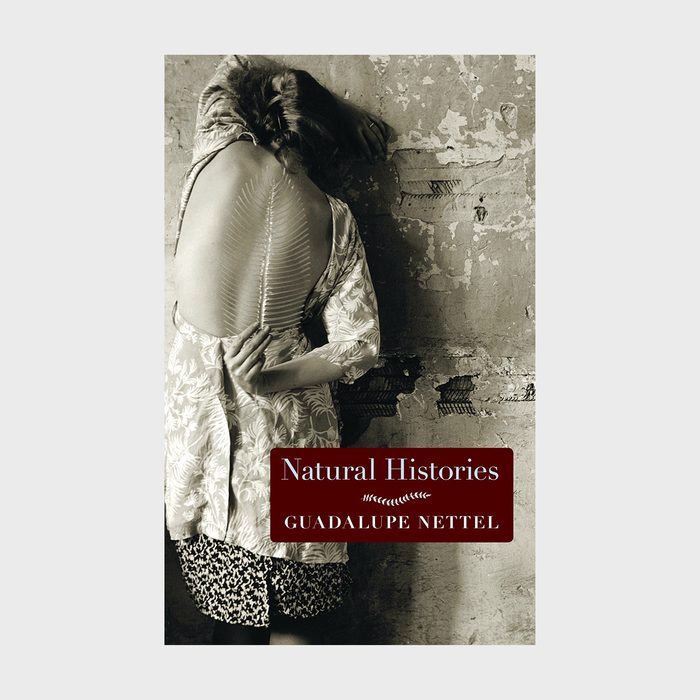 Via Amazon.com
Via Amazon.com
26. Natural Histories by Guadalupe Nettel
Page count: 128
In this award-winning 2013 collection of short stories, Guadalupe Nettel offers five entrancing tales in which animals—even fish and insects—reflect hidden aspects of human nature. Like many of the best short books, this one is an international fiction title in translation. Nettel’s insights into marriage, family, and desire transcend borders and cultures.
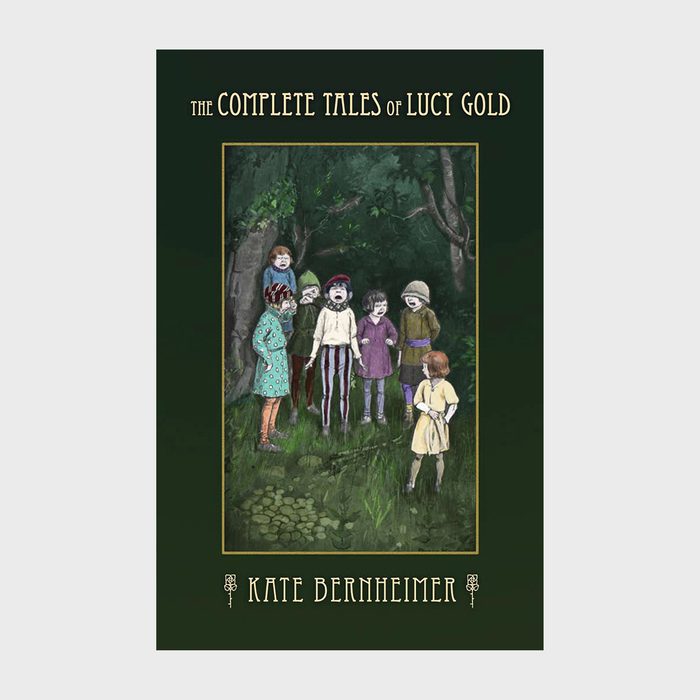 Via Amazon.com
Via Amazon.com
27. The Complete Tales of Lucy Gold by Kate Bernheimer
Page count: 128
In her 2011 novel, Kate Bernheimer draws on folklore and fairy tales to vividly evoke the enchantment of a young woman’s inner life. This quick read of a novel is the third part of a trilogy in which all three pieces are breathtakingly brief and can be read as stand-alone stories. It’s wholly original and compelling, and a smart choice when you’re short on time.
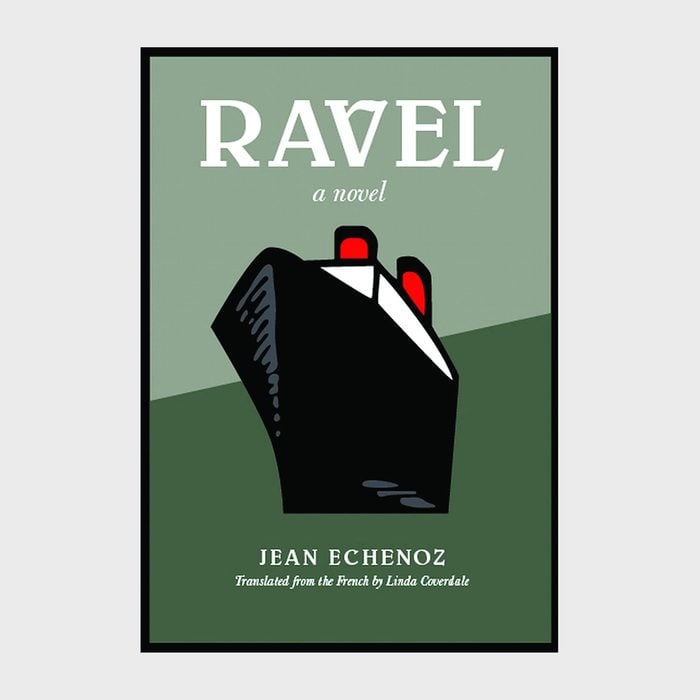 Via Amazon.com
Via Amazon.com
28. Ravel by Jean Echenoz
Page count: 128
In these crystalline pages, Jean Echenoz imagines the last ten years of Maurice Ravel’s life. The 2006 novel opens in 1928, as the great eccentric composer embarks on a grand tour of the United States. Echenoz not only provides a rich portrait of a flawed genius but also illuminates the times in which he lived. For lovers of historical fiction, this one’s for you.
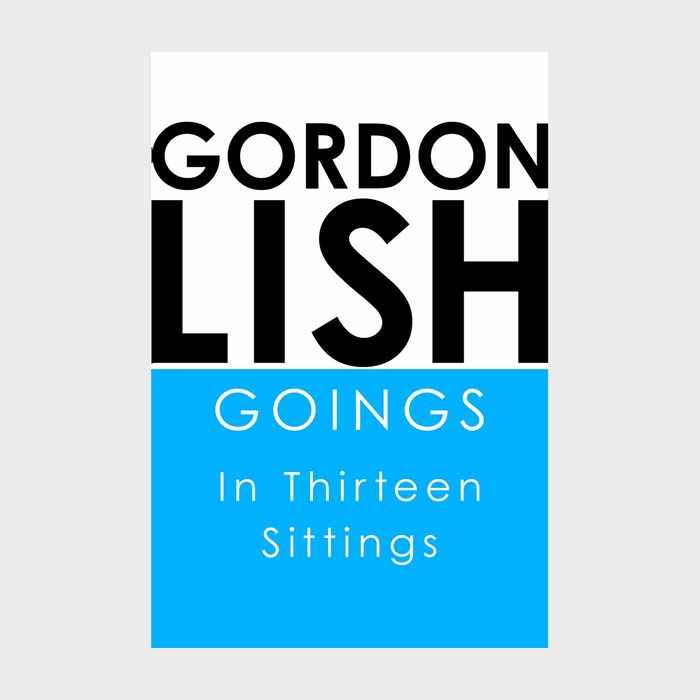 Via Amazon.com
Via Amazon.com
29. Goings by Gordon Lish
Page count: 160
Literary provocateur Gordon Lish has a towering reputation as an editor, teacher, writer, and breaker of paradigms. Goings, published in 2013, is a collection of 13 witty, slyly subversive stories that tackle relationships with the self, family, friends, and lovers. For fans of his earlier books or of the many famous writers he’s edited, this won’t disappoint.
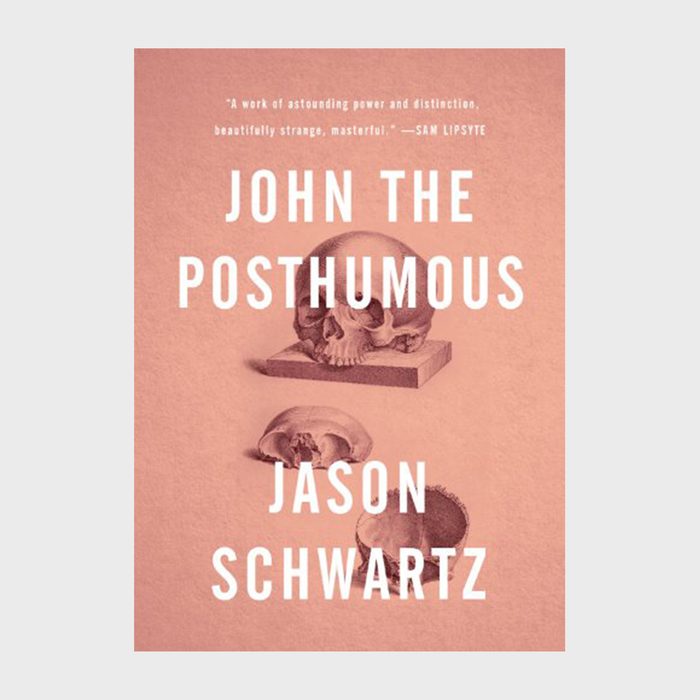 Via Amazon.com
Via Amazon.com
30. John the Posthumous by Jason Schwartz
Page count: 148
Jason Schwartz’s innovative 2013 book lives in the shadowlands between fiction and poetry, and it pushes the edges of what it is possible to do with the written word. Schwartz enfolds fictional histories, a possible murder or two, and a slew of startling images in a work that delights and unnerves its adventurous readers. For something totally different (and definitely longer), check out these all-time-best fantasy books.

